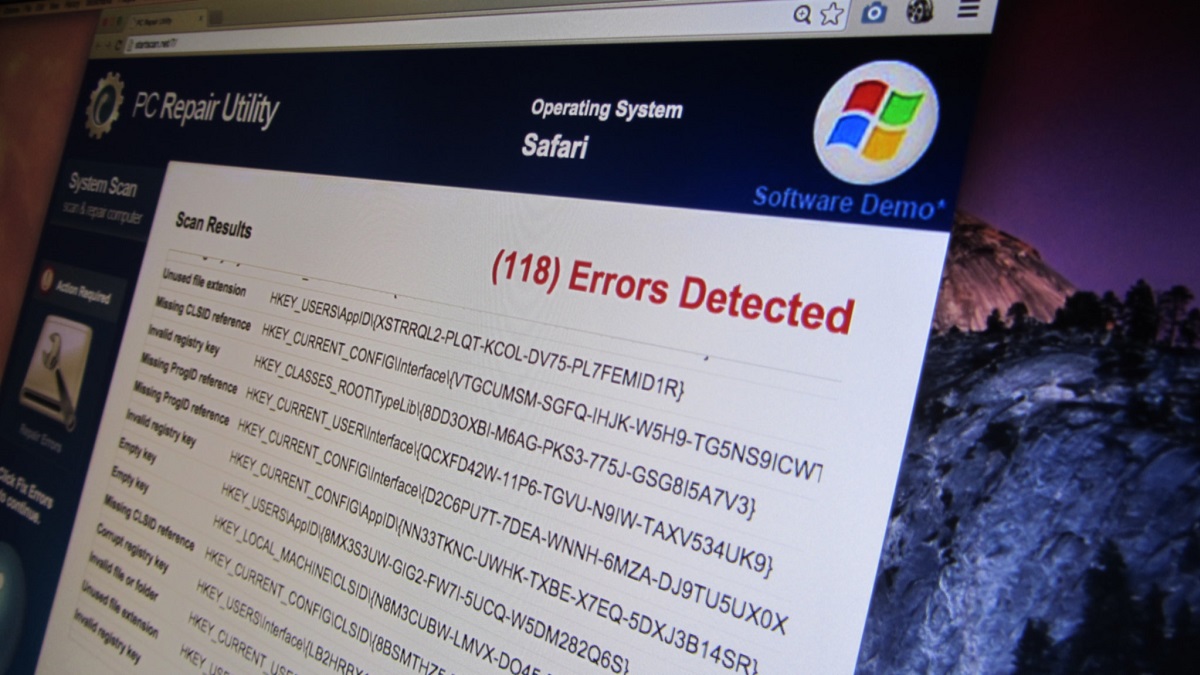
Microsoft has flipped the switch for Potentially Unwanted Apps (PUA) protection. The feature inside Windows Defender will automatically block PUA unless specifically requested by Windows 10 OS users.
The PUA protection is now on by default in Windows Defender. Microsoft had introduced the feature way back in 2018 but chose to keep it off unless Windows 10 PC users intentionally activated the same.
What are PUAs and why should Windows 10 PC users be concerned about the change?
Potentially Unwanted Apps or PUAs are a strange category of applications. They are not, strictly speaking, malware. However, they aren’t exactly safe to reside and operate on a computer, claims Microsoft.
Usually, “legitimate legal entities” create PUAs. Reports indicate PUAs “skirt the boundaries of what would be considered “respectable” software.”
Microsoft Defender to automatically block potentially unwanted apps – https://t.co/ESZpVi8Hp7 #news pic.twitter.com/NQYQ2A6bmL
— Lares (@Lares_) August 3, 2021
What causes the alarm bells to ring is the unwanted behavior patterns of PUAs. However, it is important to consider exactly who or what considers any behavioral patterns “unwanted” or potentially dangerous.
Some of the most common PUAs are popular browser extensions. These perform operations that Windows PC users desire. However, the way they go about executing their functions is questionable.
Potentially unwanted apps will be blocked by default pic.twitter.com/KKYnI16lWz
— digitalisingyou (@digitalisingyou) August 2, 2021
Microsoft claims PUAs could send usage data to developers without permission. Perhaps the aptest and prevalent description of a Potentially Unwanted App is “False Positive”.
The majority of antivirus programs and several “system cleaners” tag programs as false positives. It is primarily because these programs go beyond their promised functionality. Moreover, these programs could also have unwanted functionality, which might seem harmless, but could be detrimental to the Windows PC, and its users.
Microsoft official description of Potentially Unwanted Applications (PUAs):
Incidentally, Microsoft does offer some clear ideas about PUAs. The company’s criteria for designating a program as a Potentially Unwanted Application is as below:
- Advertising software: Software that displays advertisements or promotions, or prompts you to complete surveys for other products or services in software other than itself. This includes software that inserts advertisements to web pages.
- Torrent software (Enterprise only): Software that is used to create or download torrents or other files specifically used with peer-to-peer file-sharing technologies.
- Crypto-mining software: Software that uses your device resources to mine cryptocurrencies.
- Bundling software: Software that offers to install other software that is not developed by the same entity or not required for the software to run. Also, software that offers to install other software that qualifies as PUA based on the criteria outlined in this document.
- Marketing software: Software that monitors and transmits the activities of users to applications or services other than itself for marketing research.
- Evasion software: Software that actively tries to evade detection by security products, including software that behaves differently in the presence of security products.
- Poor industry reputation: Software that trusted security providers detect with their security products. The security industry is dedicated to protecting customers and improving their experiences. Microsoft and other organizations in the security industry continuously exchange knowledge about files we have analyzed to provide users with the best possible protection.
Microsoft Defender and Microsoft Edge on Windows 10 will automatically block Potentially Unwanted Applications (PUAs):
The Windows OS maker added the PUA protection to Windows Defender back in 2018. However, the company kept the setting off by default. Windows 10 OS users could choose to switch the setting on.
Starting this month, the setting will be on by default, confirmed Microsoft. Windows 10 users who do not wish to block PUAs by default can turn the feature off.
Windows 10 blocks Potentially Unwanted Apps by default now | #microsoft | #hacking | #cybersecurity https://t.co/69fHWH3oxX
— Gregory D. Evans (@GregoryDEvans) August 3, 2021
Simply open the Windows Security setting screen, click on App & browser control, and select Reputation-based protection settings. Users can toggle the “Potentially unwanted app blocking” slider off.
If enabled, SmartScreen will block PUAs and PUPs as users are attempting to download them. Reports indicate Microsoft does not block these apps for “legal reasons”. Instead, it leaves the decision to users.


